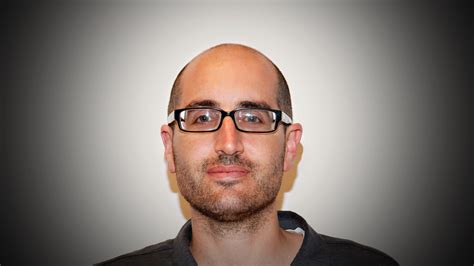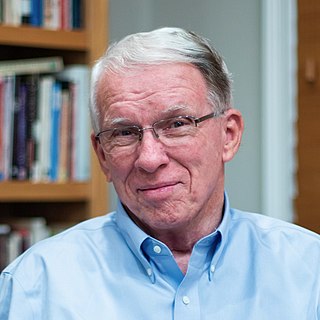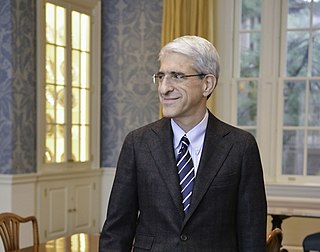A Quote by Leigh Steinberg
People who have addictive problems usually have some subset of emotional difficulties that causes them to abuse substances.
Quote Topics
Related Quotes
Indeed, my conclusion from a lifetime of psychohistorical study of childhood and society is that the history of humanity is founded upon the abuse of children. Just as family therapists today find that child abuse often functions to hold families together as a way of solving their emotional problems, so, too, the routine assault of children has been society's most effective way of maintaining its collective emotional homeostasis.
For years I was so busy building walls I did not see I was imprisoning myself behind them, and did not recognize this pattern as being addiction. My addictive thinking and behavior became the bars of my cell. Denying feeling empty inside, I constantly looked for new things to acquire, people to be around, substances to take, and new goals to achieve in order to feel better about myself. Over the last four decades I have focused on healing my addictive mind and helping others do the same.
I think that education today is a form of child abuse. The natural tendency of children is to solve problems, but we try to indoctrinate them with facts, which they are supposed to feed back, and then we fail them. And that's child abuse. And you should never raise children that way. You should cultivate and encourage their natural tendencies to create solutions to the problems around them.
The answer, usually, is no. Wisdom is a quality that defies easy definition but psychologists who study aging have found that some of its components - judgment, emotional regulation - do improve with age in most people, consciously or not. Of course there is a subset of people out there who are sitting in their rocking chairs, spewing hate, but my guess is that these people weren't very pleasant to begin with, ... The reality is that the data are fairly convincing that people as they get older become more positive and less self-absorbed.
U.S. domestic drug policy does not carry out its stated goals, and policymakers are well aware of that. If it isn't about reducing substance abuse, what is it about? It is reasonably clear, both from current actions and the historical record, that substances tend to be criminalized when they are associated with the so-called dangerous classes, that the criminalization of certain substances is a technique of social control.


































